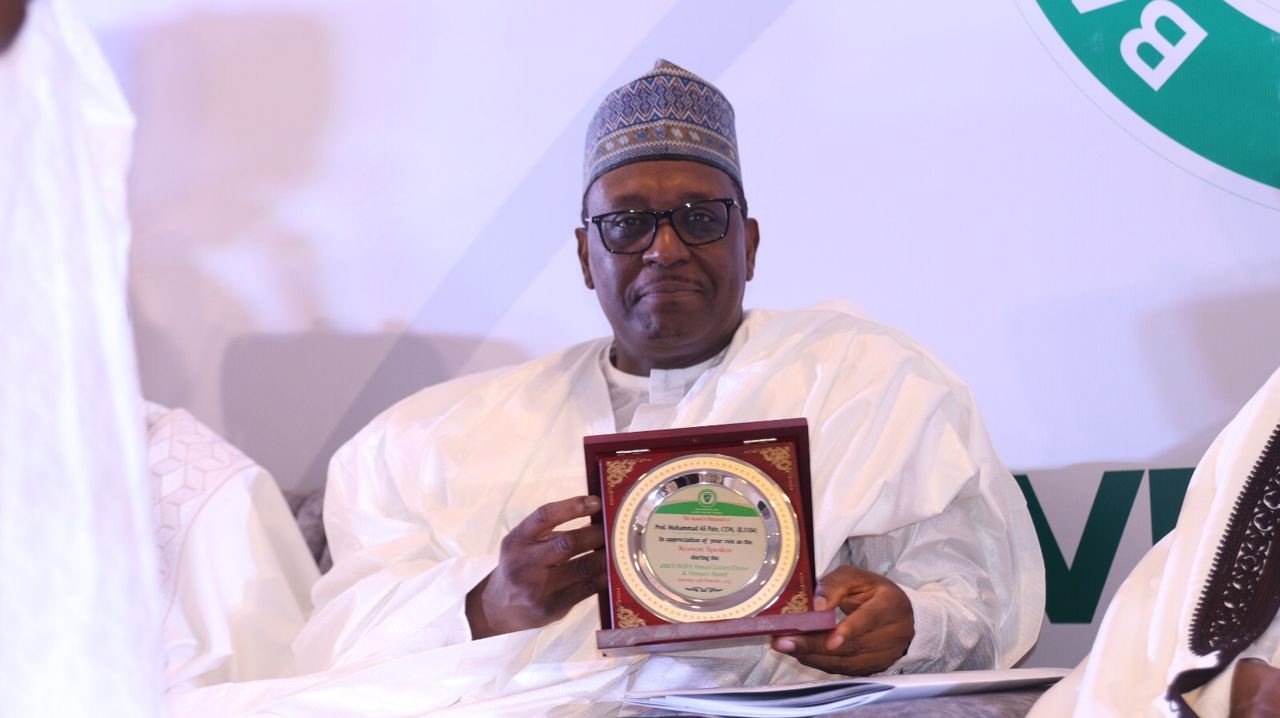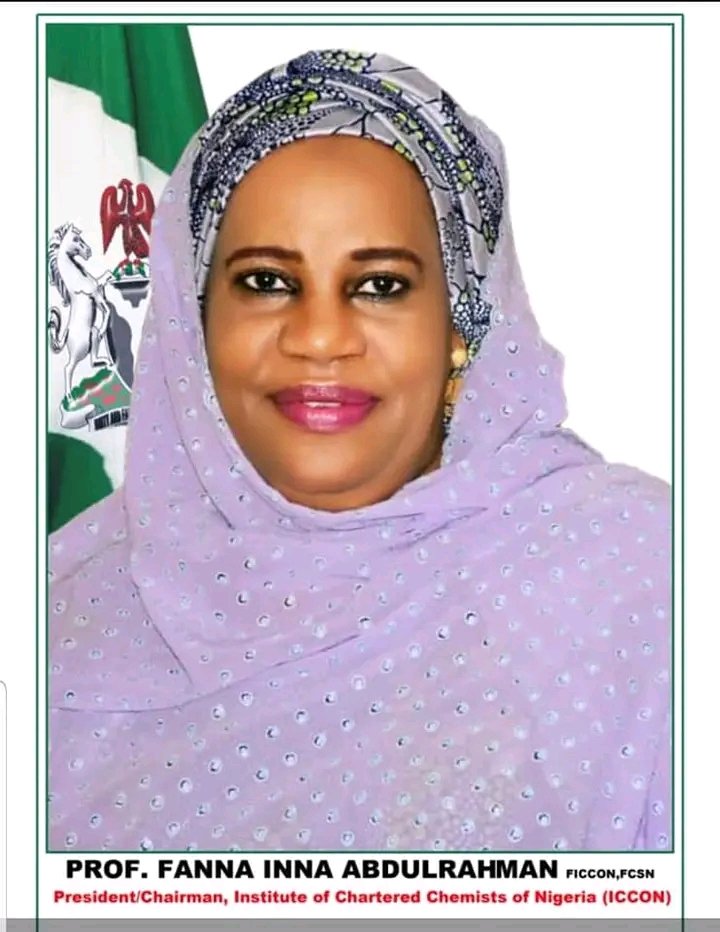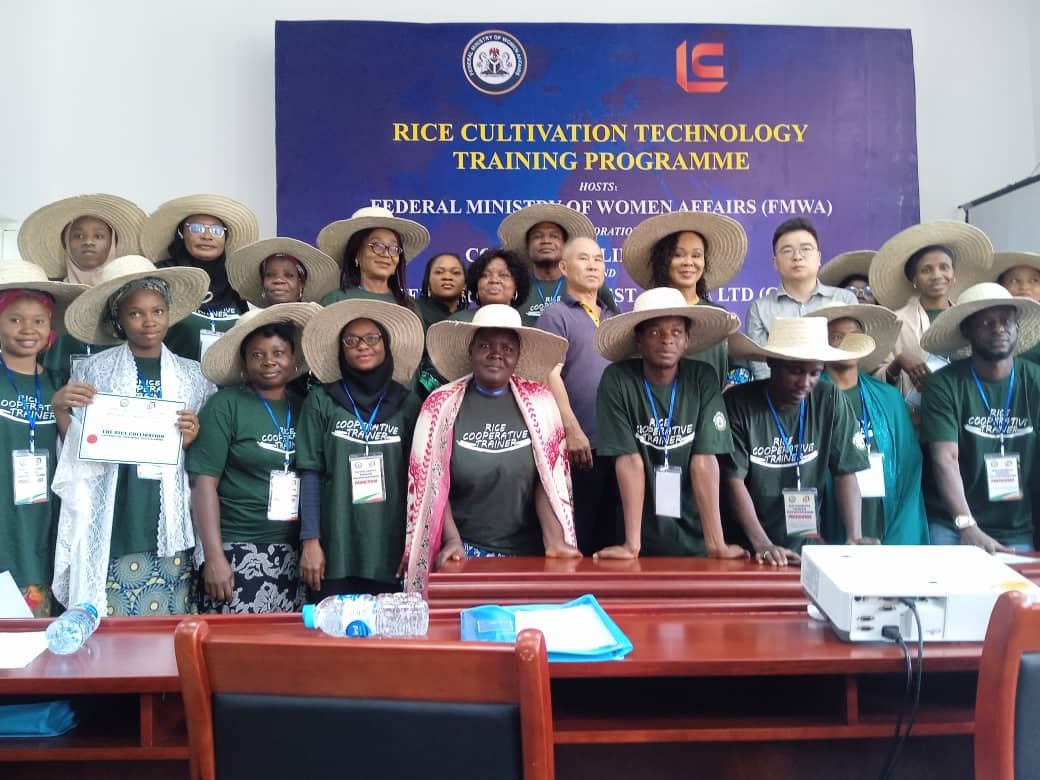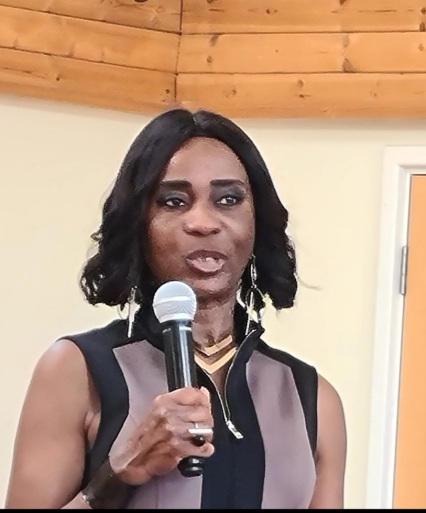FG unveils robust TB initiative to combat Tuberculosis
By Abujah Racheal
The Coordinating Ministry of Health and Social Welfare has unveiled a groundbreaking Tuberculosis Public-Private Partnership (PPP) Advocacy Project, marking a significant leap forward in the ongoing battle against tuberculosis.
Dr Anyaike Chukwuma, Director of Public Health, emphasised the project’s role in fostering collaboration and innovative solutions in the fight against this formidable public health threat.
This was the thrust at the National Consultations on Public–Private Partnership and post-United Nations High-Level Meeting (UNHLM).
The event organised by Stop TB Partnership Nigeria, is in collaboration with the National Tuberculosis and Leprosy Control Programme (NTBLCP).
Chukwuma said that the establishment of the PPP Advocacy Team underscored a deep recognition of the pivotal role that Public-Private Partnerships played in addressing the challenges posed by TB on a global scale.
“This strategic move reflects a collective commitment to fostering collaboration and innovative solutions in the ongoing fight against this formidable public health threat,” he said.
He said that although the previous intervention possibly contributed to the good knowledge about TB and care-seeking attitudes displayed by Nigerians, sustaining active case-finding through PPP can go a long way to reduce the TB burden, especially in rural communities where healthcare systems were generally weak or inadequate.
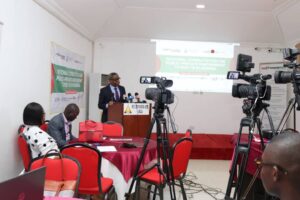 He said that adequate funding of TB control activities was critical in eliminating TB as a public health problem, adding that private sector participation such as this was a welcome development.
He said that adequate funding of TB control activities was critical in eliminating TB as a public health problem, adding that private sector participation such as this was a welcome development.
Dr Stella Makpu, PPM Focal Person, NTBLCP, said that the country faced a significant TB burden, and addressing the challenge required innovative approaches and partnerships.
Makpu said that the private sector, including healthcare providers, businesses and civil society organizations, played pivotal roles in expanding access to quality TB services in the country.
On how the country can address extreme drug-resistant tuberculosis, she said that investing in precise diagnostic technologies, researching and developing new drugs and educating the public about TB, early diagnosis, and treatment were important.
She said that there was a need for improved healthcare systems for timely and proper treatment, collaboration globally for shared resources and expertise and implementing support programmes for patient adherence.
Earlier, Mr Mayowa Joel, a representative, Stop TB Partnership Nigeria, said that the consultation would facilitate discussion on fostering partnerships between the public and private sectors to enhance access to TB services and resources.
Joel said that the consultation would focus on exploring avenues for sustained advocacy to mobilise domestic resources to end TB in the country.
He said there was a need to build the capacity of team members in PPM advocacy, policy analysis and communication skills.
“This will enable them to advocate for favourable policies, regulations, and incentives to encourage private sector engagement in TB control.
“It will also facilitate collaboration between the public and private sectors, foster partnerships that enhance access to TB services and resources,” he said.
The UNHLM Political Declaration on TB contains several global targets endorsed by Heads of State, including target to treat 40 million people with TB between 2018 and 2022.
The targets include treating 3.5 million children with TB, 1.5 million people with drug-resistant TB and at least, 30 million put on TB Preventive Treatment. (NAN) (www.nannews.ng)
Edited by Idris Abdulrahman




